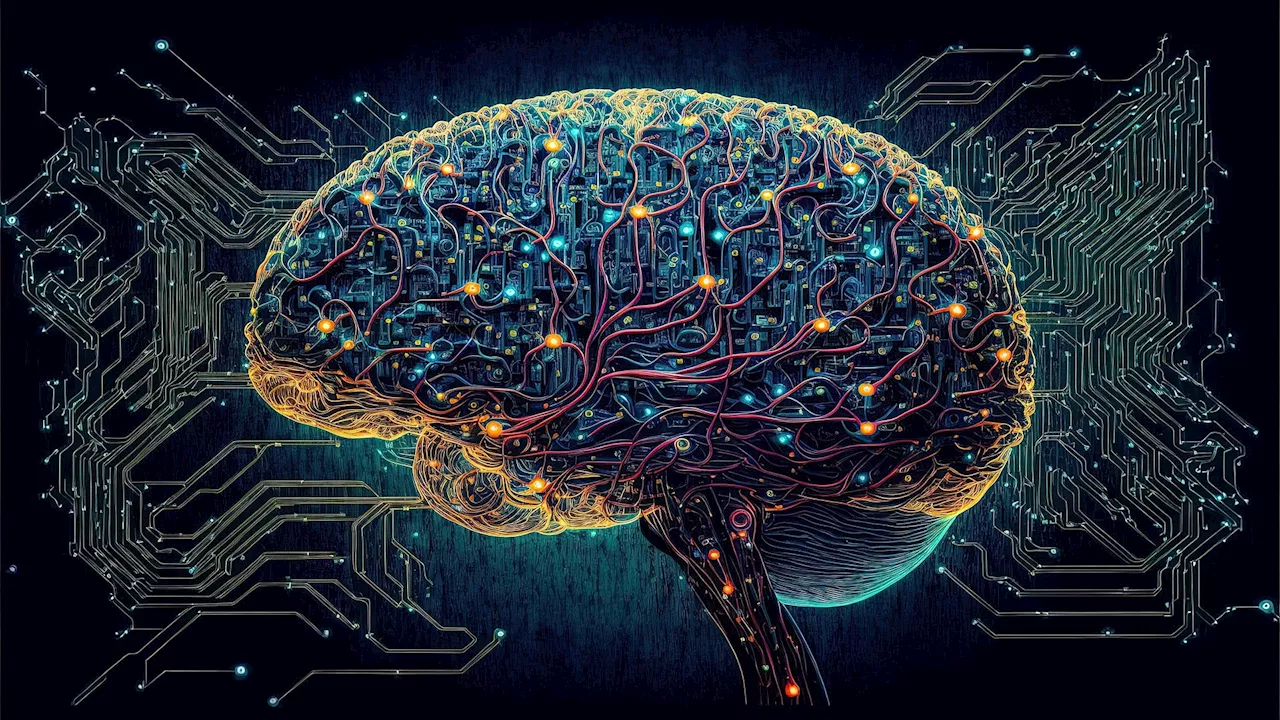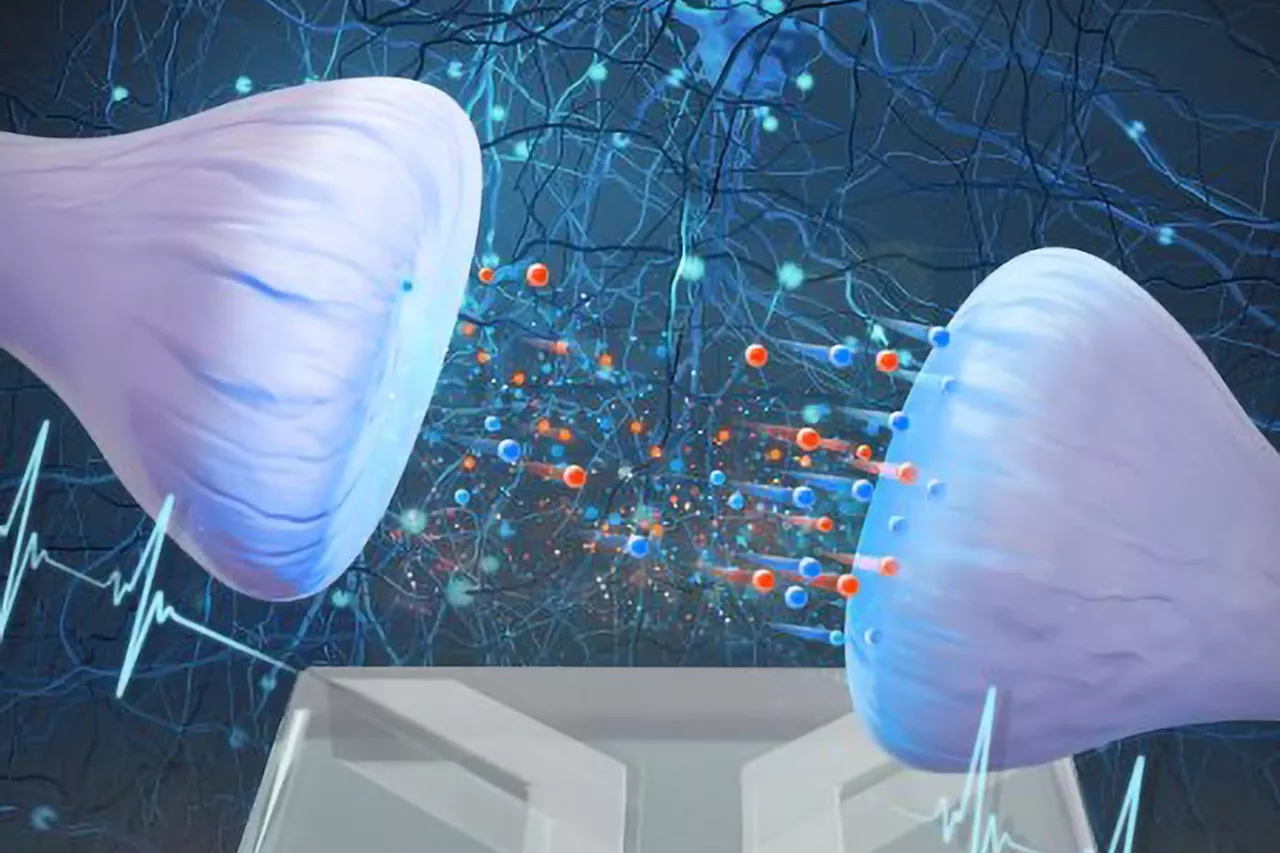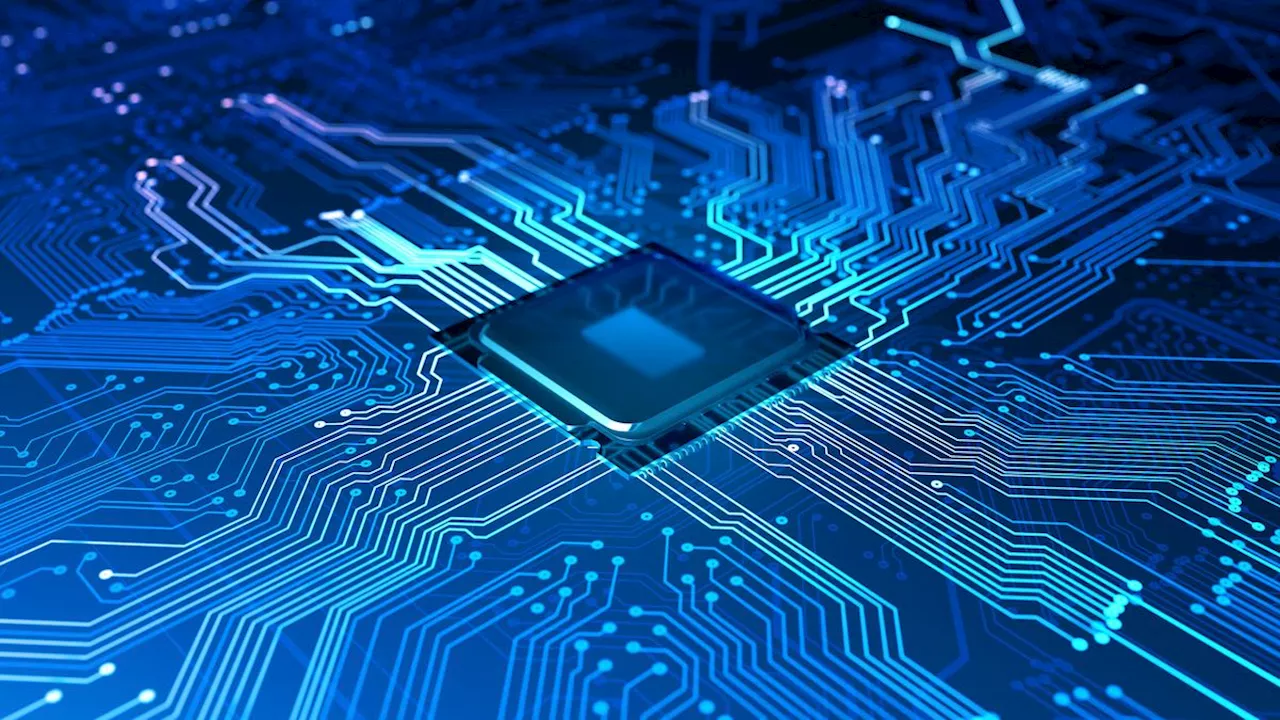Peter is a degree-qualified engineer and experienced freelance journalist, specializing in science, technology and culture. He writes for a variety of publications, including the BBC, Computer Weekly, IT Pro, the Guardian and the Independent. He has worked as a technology journalist for over ten years.
For the first time, scientists have magnetized a non-magnetic material at room temperature, inducing a quantum property that they say could pave the way for ultra-fast computing.
Scientists have long wanted to harness the weird laws of quantum mechanics to improve computing systems, for example in quantum computing. But quantum states are delicate, and can easily fall apart, or"decohere," thanks to noise such as thermal vibration, or the random jiggling of atoms. To get around this, researchers aiming to create quantum behavior typically cool their materials to near absolute zero. But that makes such systems difficult to maintain and operate.
By submitting your information you agree to the Terms & Conditions and Privacy Policy and are aged 16 or over.In the new study, published April 10 in the journal Nature, Balatasky's team demonstrated the theory in titanium atoms surrounded by strontium titanate — an oxide created from titanium and strontium. The team transmitted laser pulses that generated circularly polarized photons, or light particles, in a narrow band of wavelengths.
Nigeria Latest News, Nigeria Headlines
Similar News:You can also read news stories similar to this one that we have collected from other news sources.
 Scientists use salt, water to prove human brain-like computer can existThe artificial synapse known as an iontronic memristor functions as a microchannel filled with a solution of water and salt.
Scientists use salt, water to prove human brain-like computer can existThe artificial synapse known as an iontronic memristor functions as a microchannel filled with a solution of water and salt.
Read more »
 Reducing distrust in social media is not straightforward, computer scientists warnAre anti-misinformation interventions on social media working as intended? It depends, according to a new study led by William & Mary researchers and published in the Proceedings of the CHI Conference on Human Factors in Computing Systems (CHI '24).
Reducing distrust in social media is not straightforward, computer scientists warnAre anti-misinformation interventions on social media working as intended? It depends, according to a new study led by William & Mary researchers and published in the Proceedings of the CHI Conference on Human Factors in Computing Systems (CHI '24).
Read more »
 Scientists Create First Brain-like Computer Using Water and SaltScience, Space and Technology News 2024
Scientists Create First Brain-like Computer Using Water and SaltScience, Space and Technology News 2024
Read more »
 Computer scientists unveil novel attacks on cybersecurityResearchers have found two novel types of attacks that target the conditional branch predictor found in high-end Intel processors, which could be exploited to compromise billions of processors currently in use.
Computer scientists unveil novel attacks on cybersecurityResearchers have found two novel types of attacks that target the conditional branch predictor found in high-end Intel processors, which could be exploited to compromise billions of processors currently in use.
Read more »
 New work extends the thermodynamic theory of computationPhysicists and computer scientists have recently expanded the modern theory of the thermodynamics of computation.
New work extends the thermodynamic theory of computationPhysicists and computer scientists have recently expanded the modern theory of the thermodynamics of computation.
Read more »
 Couch potato kids more likely to have heart damageScientists says light physical activity can reverse the risk, say scientists.
Couch potato kids more likely to have heart damageScientists says light physical activity can reverse the risk, say scientists.
Read more »
